LendingTree just released the results of their latest survey, which found that buying a fixer-upper home is gaining in popularity, “primarily with people who watch home renovation TV programs and millennial homebuyers who have student loan debt.” Specifically, a whopping 81% of people who watch HGTV at least once per week would consider purchasing a fixer-upper. However, not all fixer-uppers are created equal. While some offer fantastic opportunities for value appreciation, others are monsters that will steal all your money and never give it back. Here are some signs that yours might be the latter.
Published May 11, 2018, Updated May 23, 2019
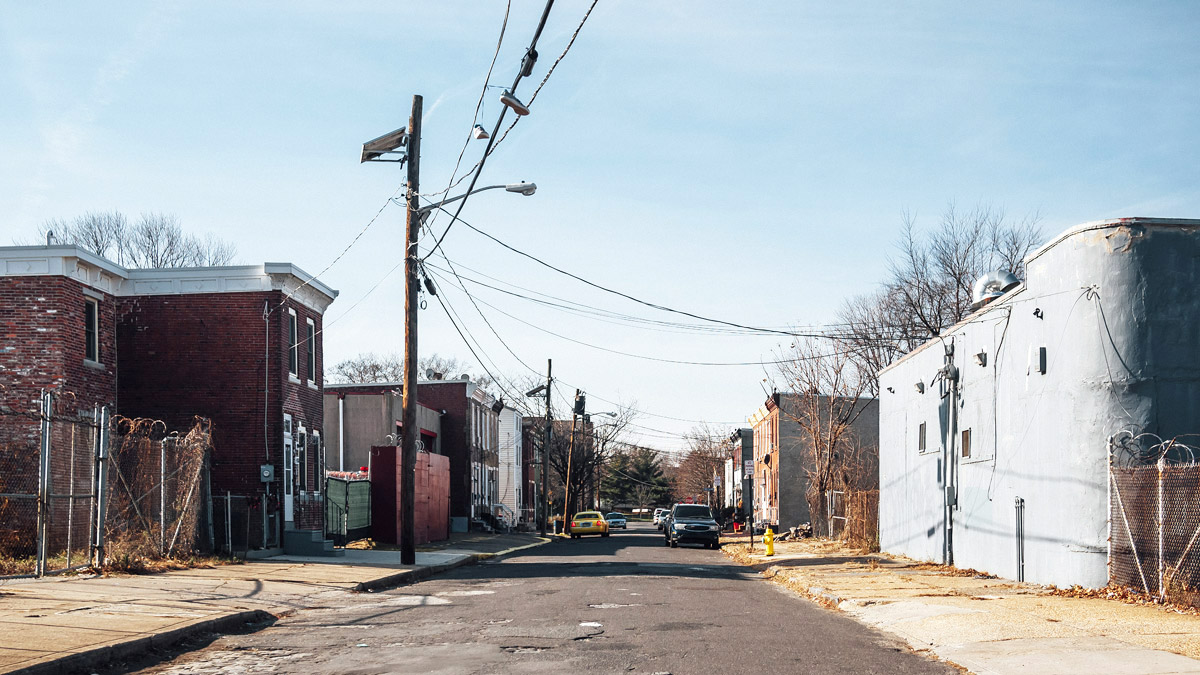
It’s in a Bad Neighbourhood
When it comes to renovating, almost anything can be done if you’ve got the budget, but there’s one thing you’ll never be able to change – location. If the house is located next to a sewage treatment plant or in a high-crime area, it doesn’t matter what you do to the property, it’s automatically unappealing to most buyers.
Related: Scott McGillivray’s Favourite Reno Tricks for Saving Money in Every Room
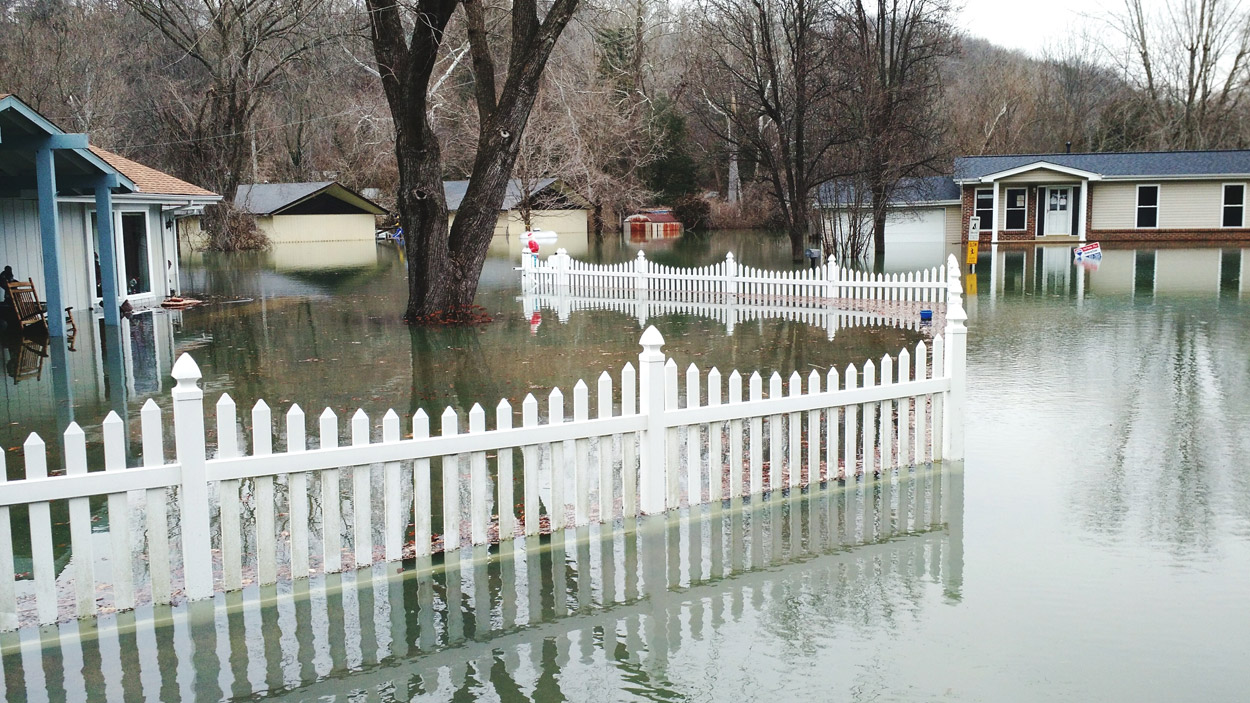
The Land It’s on Has Issues
Much like the neighbourhood it’s situated in, the land your home sits on can’t be changed. If the area is prone to flooding, for example, you might want to think twice before buying. Whatever updates you make won’t matter if the house ends up underwater!
Related: Scott McGillivray Weighs in on Kitchen Cabinets: To Demolish or Not?
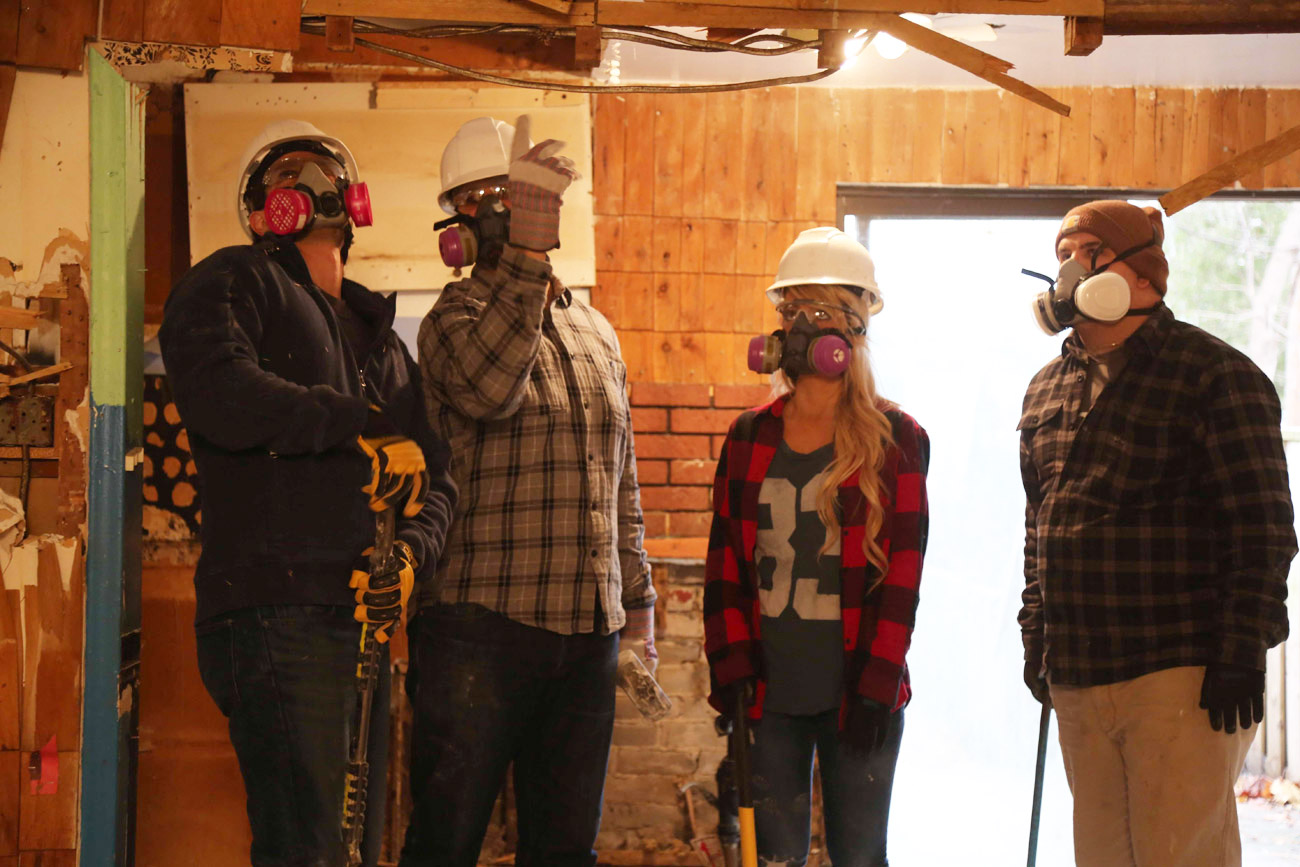
When It’s Not Structurally Sound
A fixer-upper is a house that has a structure that’s more or less intact. If it’s not, you’re getting into major renovation and rebuild territory and that will cost big bucks. So when you’re looking at potential fixer-uppers, bring a home inspector with you and have them look over the property. If the inspector unearths structural damage, you may want to move on, because it’s no longer a fixer-upper: it’s a major renovation.
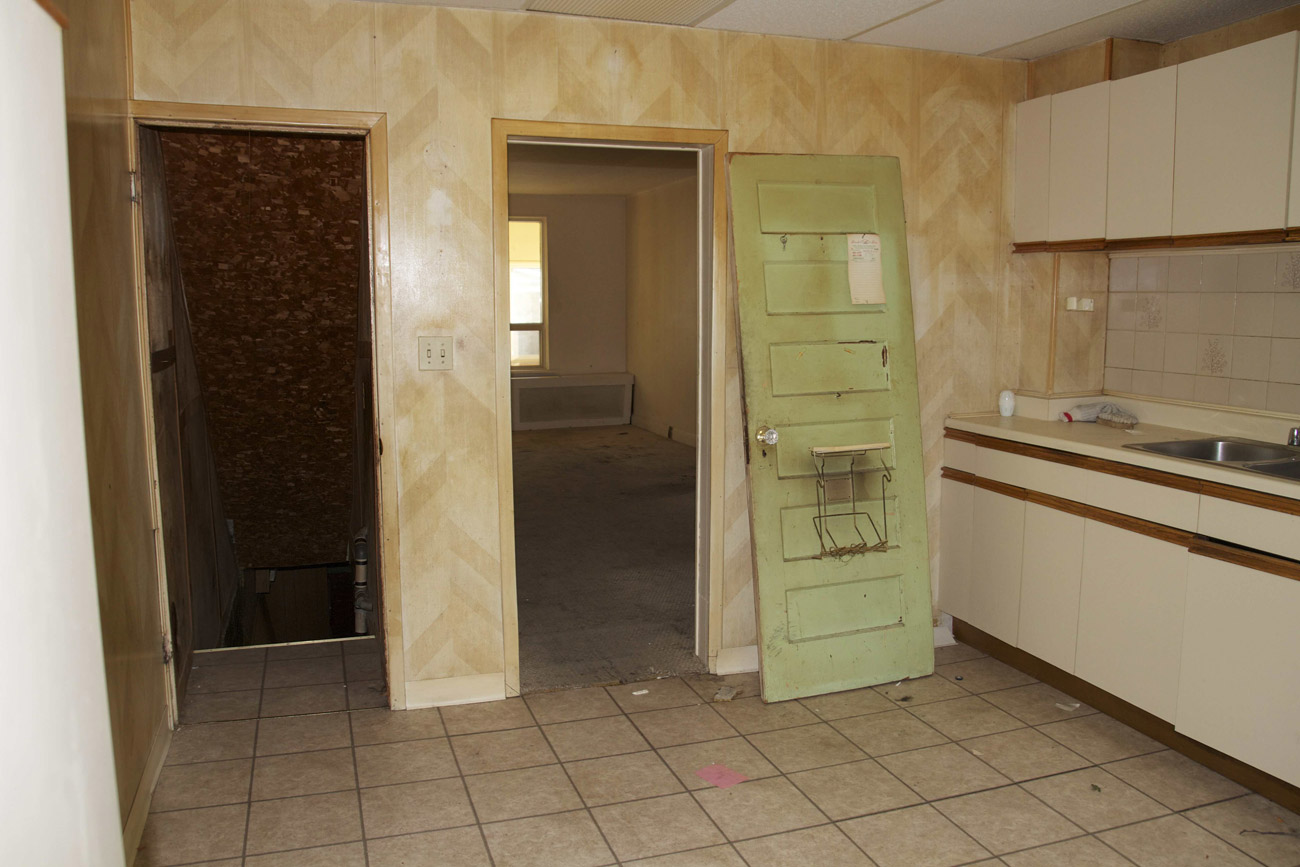
When the Cost of Renovating Will Price You Out of the Neighbourhood
If you’re buying a fixer-upper with the intent to flip, pay close attention to the cost of the fixes you want to make versus the price you can get on the market when you sell. One of the most common pitfalls of flipping is over-investing. If you spend too much, you may price yourself out of the neighbourhood and not be able to recoup your full investment when it’s time to sell.
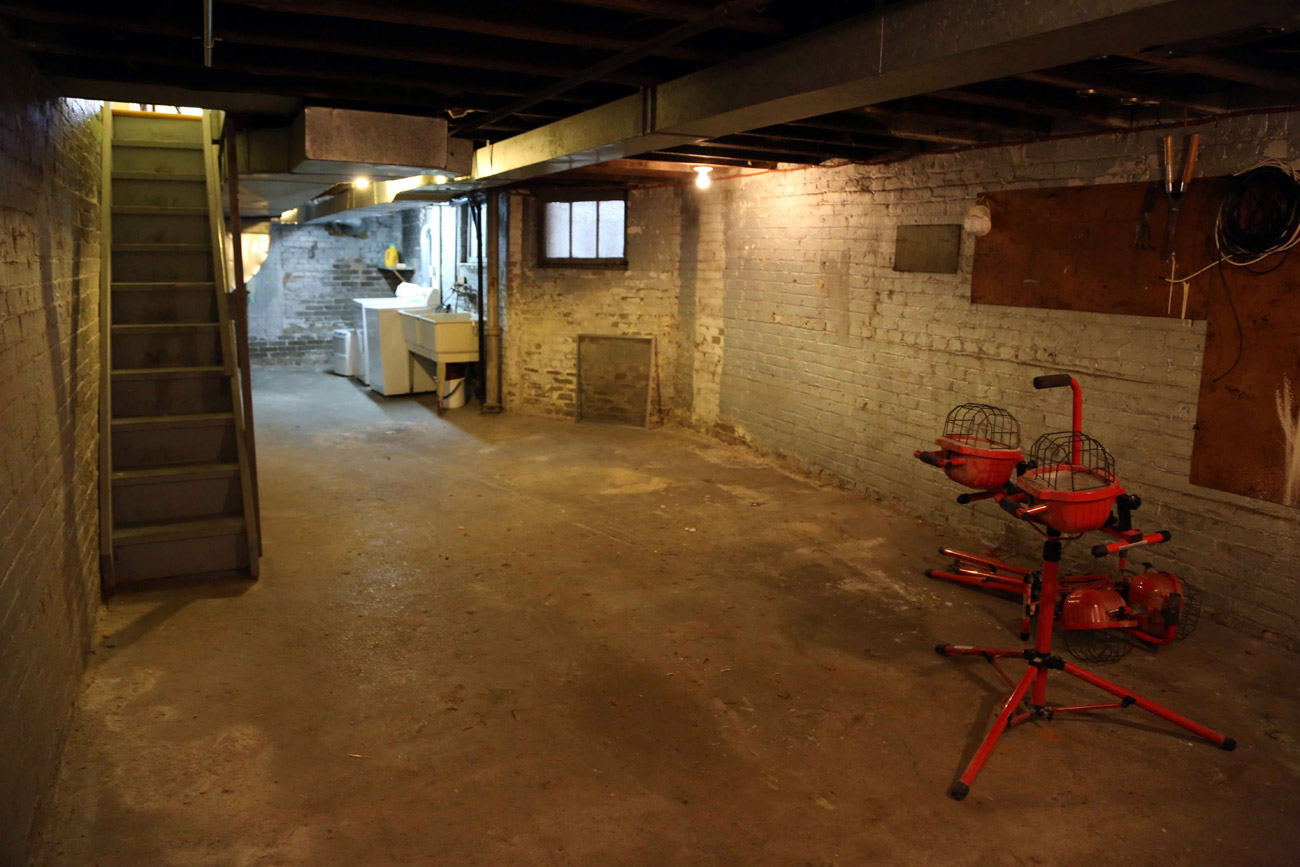
When the Foundation is Crumbling
Foundation issues are never good and even seasoned renovators dread having to dig out basements. Major foundation fixes are big, risky undertakings that can lead to even further issues. If you’re looking for a simple fixer-upper, leave the basement dig-out to someone else and keep looking.
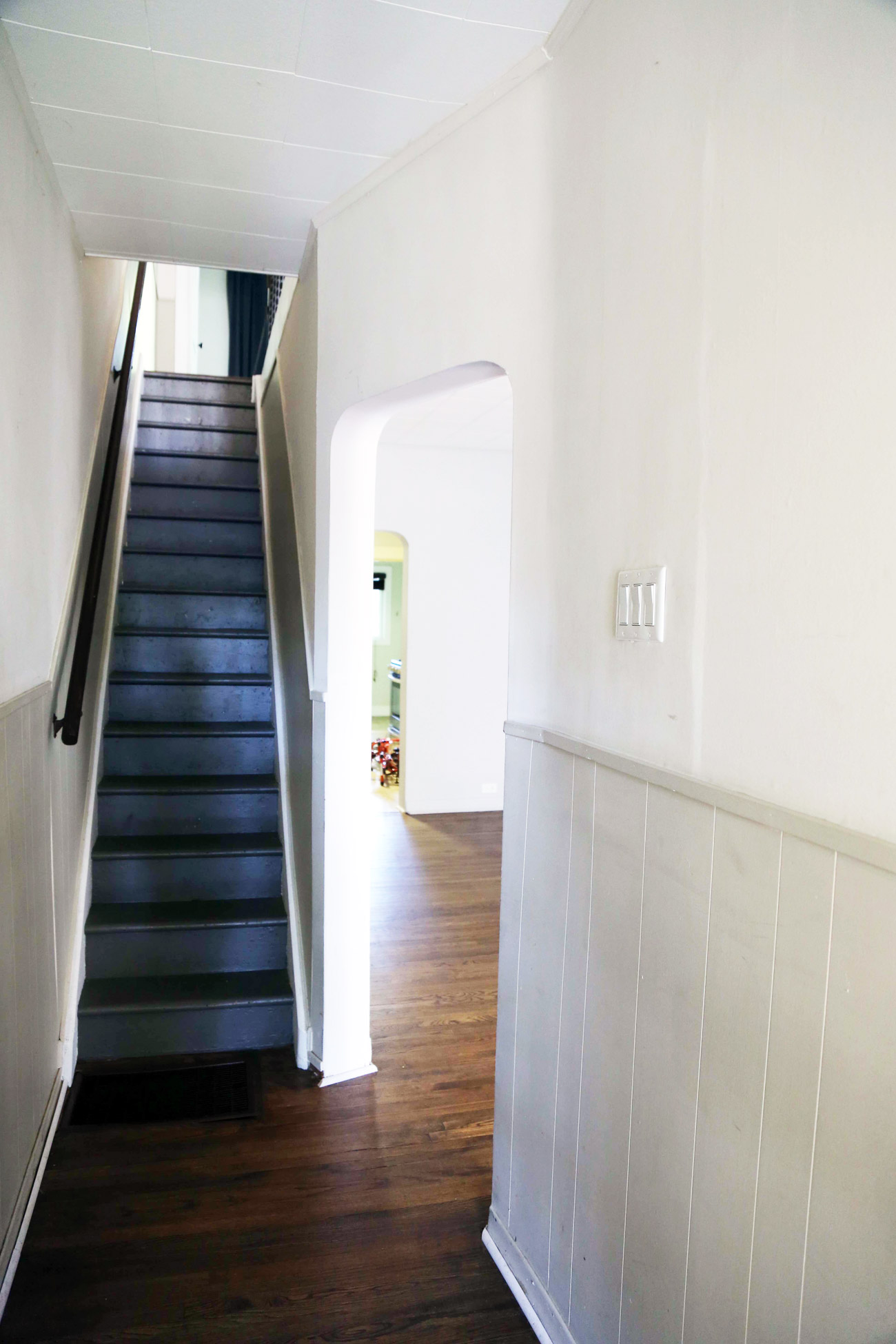
Seriously Sloped Floors
Slightly sloped floors are fairly common in older houses, but when the issue gets really noticeable, you might have a problem. Sloped floors can be a result of foundation issues, rotting supports or improperly installed joists. And while there are solutions to these problems, they can be very costly. If I were looking for a fixer-upper for a quick flip, I would definitely avoid one with sloped floors.
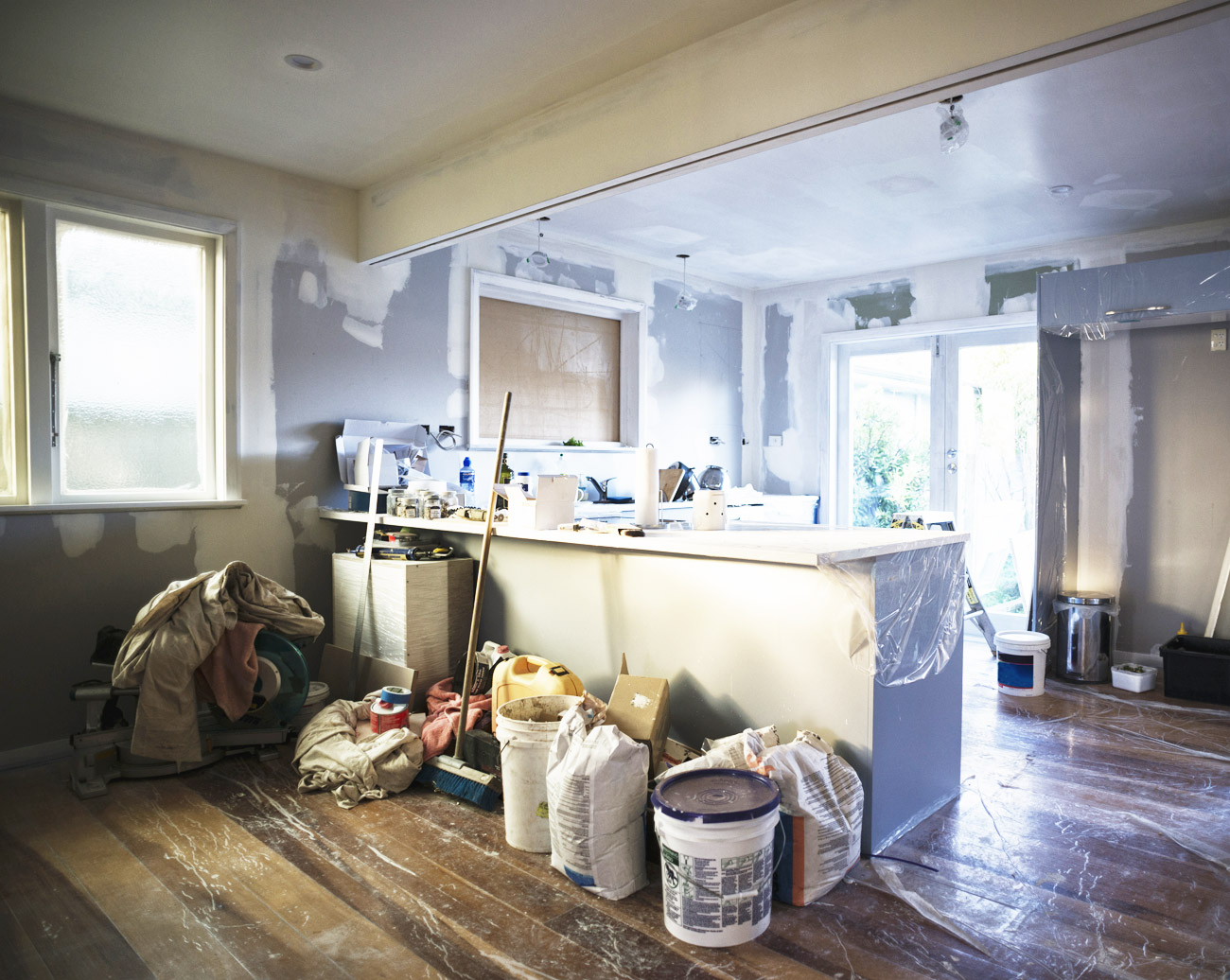
Too Many Fixes Required
When it comes to fixer-uppers, it’s the cosmetic upgrades that offer the most opportunity for adding value. Things like paint touch-ups, updated flooring and new kitchen cabinets are your best bets. Once you get into major issues like replacing furnaces and updating electrical and plumbing, you’re entering new territory. If a house has many issues, it doesn’t mean that it’s not worth saving, but it may be better suited to someone looking for a bigger renovation project.
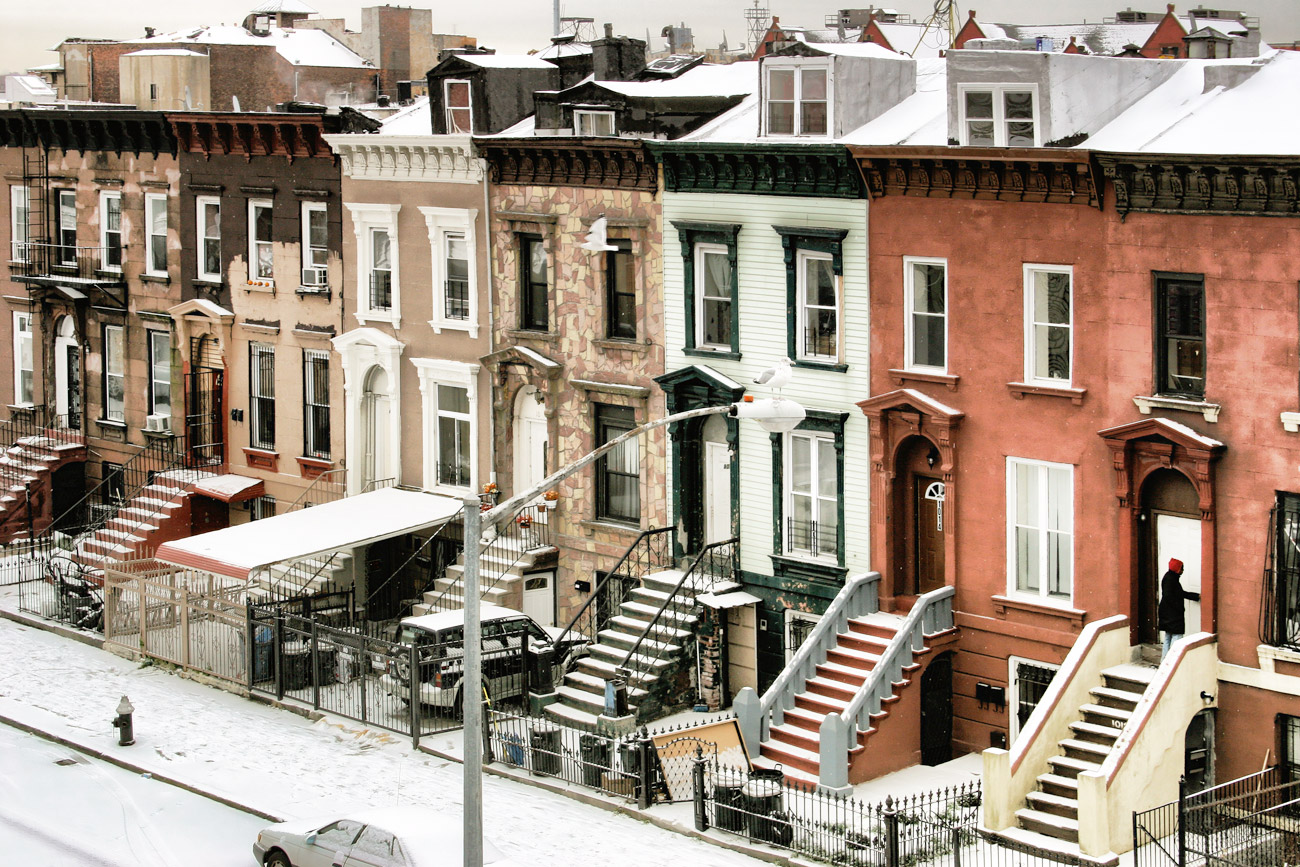
If It’s Going to Depreciate in Value
If you’re confident a house is going to appreciate in value, you can feel pretty good about the cost of fixing it up. However, if you’re less certain about the market, exercise caution. The worst thing you can do is spend time and money fixing up a property that’s going to go down in value. In cases like this, I would wait for the market to even itself out before making an investment (or rent it out for awhile).
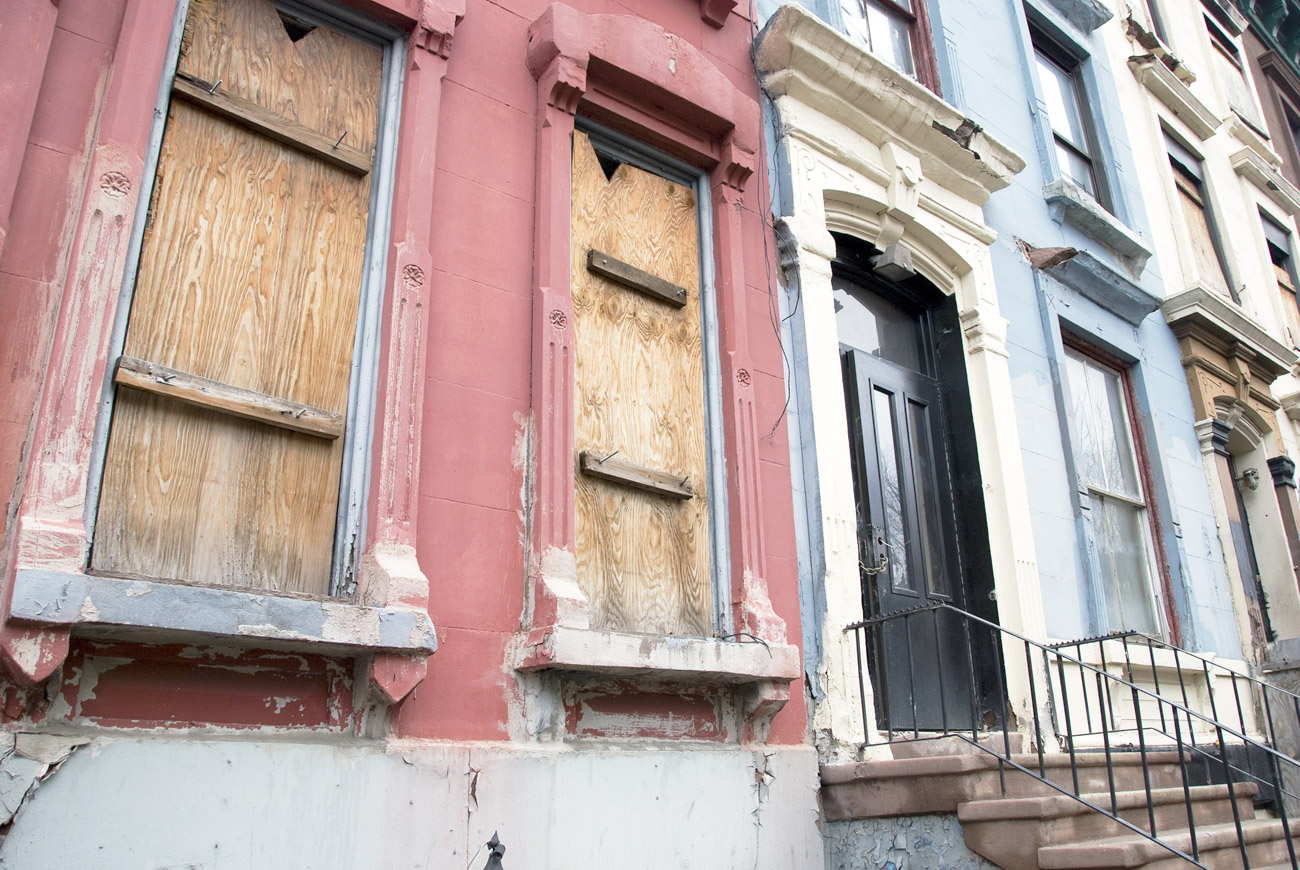
The Municipality is Unfriendly
Some municipalities make it easier than others when it comes to renovating. Some make it more challenging to get permits; others require that you go through more steps, etc. While the house itself might be worth saving, it might not be the ideal project for you. When you’re flipping a house you want to remove as many obstacles as possible, so find a neighbourhood that’s renovation friendly.
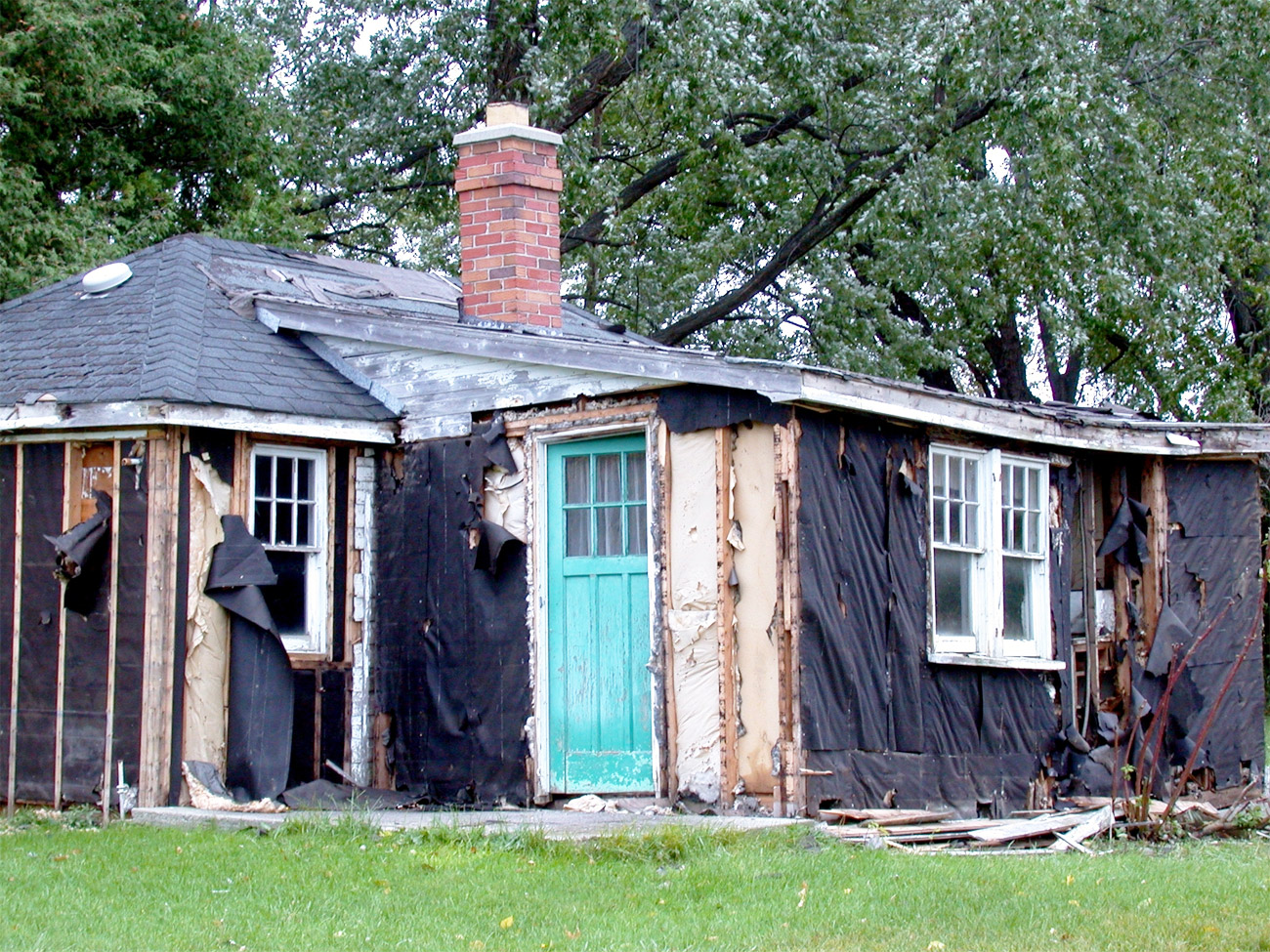
If the House Has Been Condemned
The whole point of buying a fixer-upper is to fix it up yourself. If a house is in such terrible shape that it’s been condemned, that means you absolutely can’t fix it yourself. You’ll need professional tradespeople to come in and fix the plumbing, electrical, HVAC and who knows what else. If you’re looking for a painless fixer-upper, a condemned house isn’t it.
HGTV your inbox.
By clicking "SIGN UP” you agree to receive emails from HGTV and accept Corus' Terms of Use and Corus' Privacy Policy.




